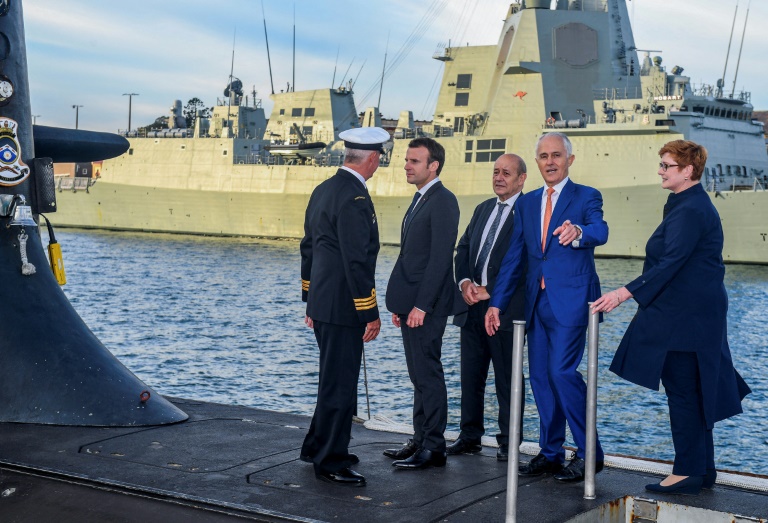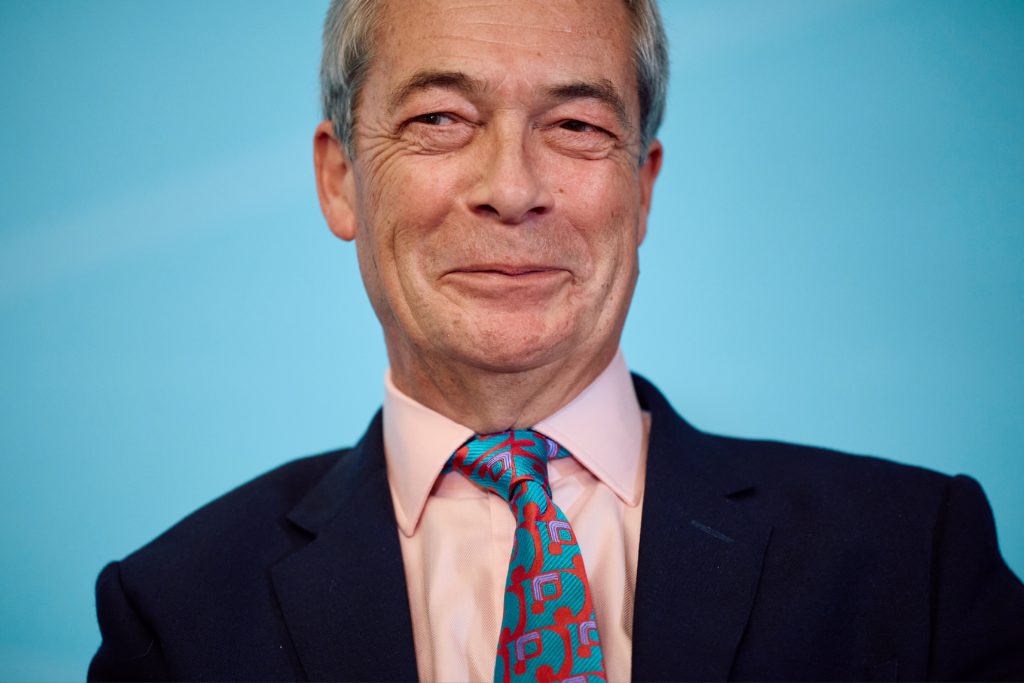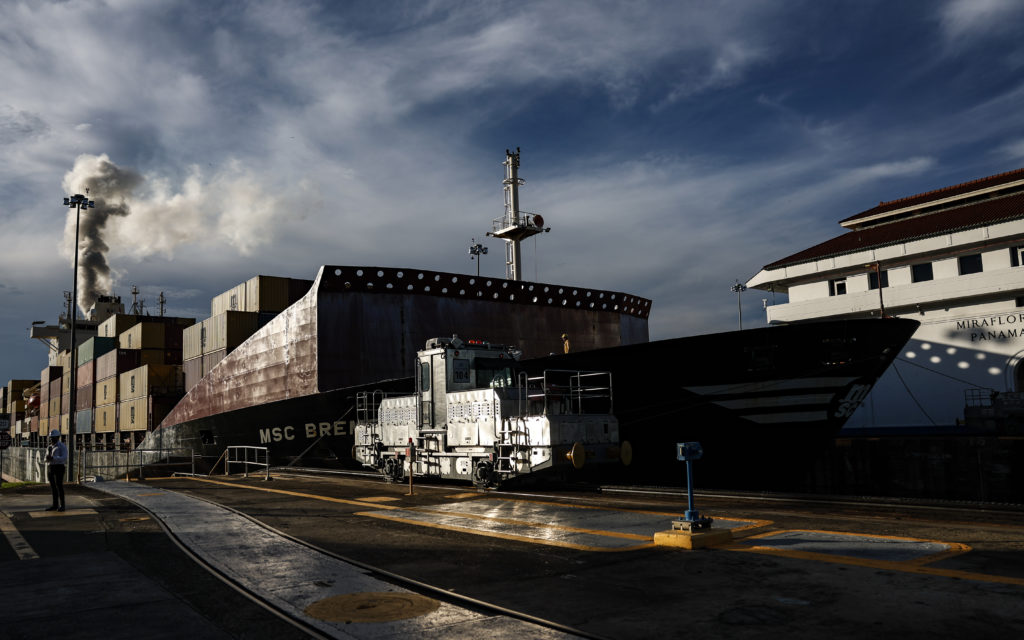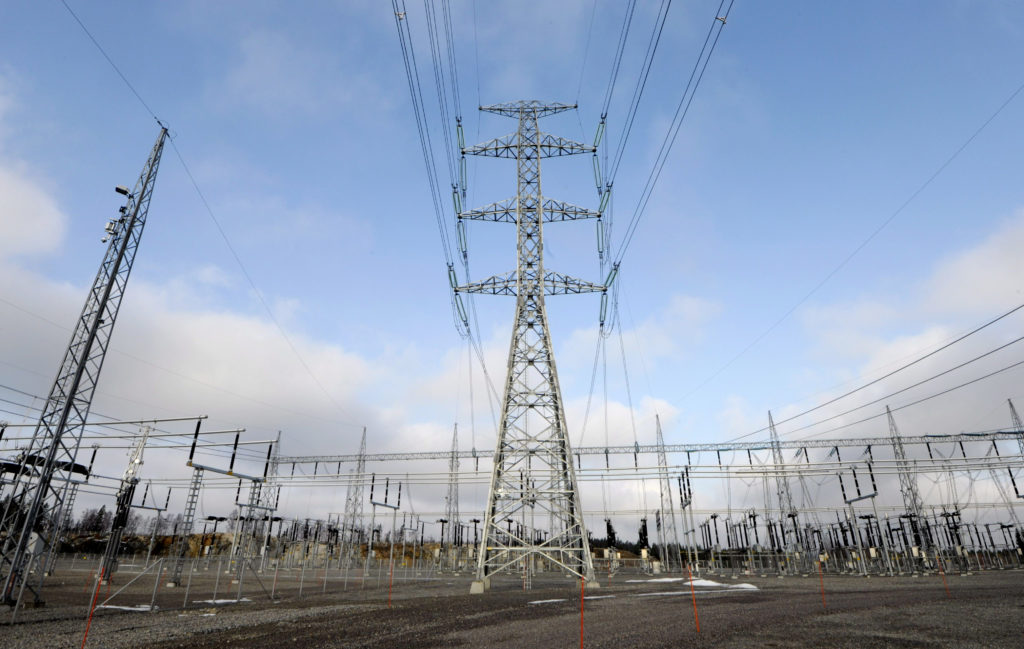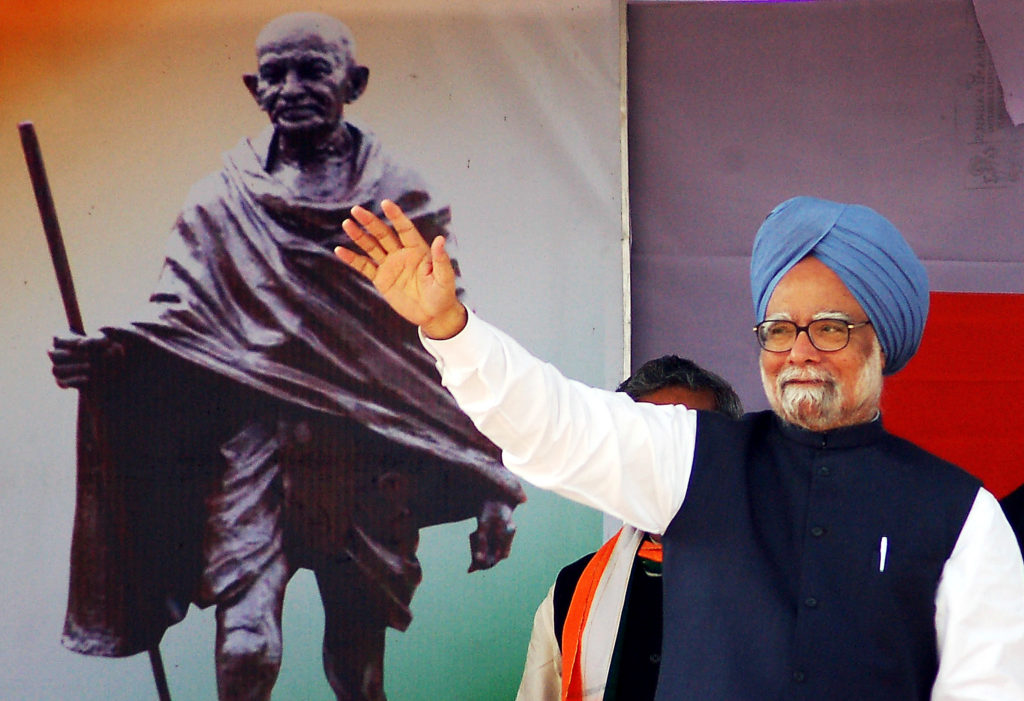The United States on Thursday struggled to contain the fallout after France furiously protested Australia’s scrapping of a major arms deal in favor of US nuclear submarines.
President Joe Biden on Wednesday unveiled a new three-way alliance among the United States, Australia and Britain that features the submarines — a key asset to challenge an increasingly assertive China in the decades to come.
China voiced anger — as did France, which called off a Washington gala to celebrate America’s oldest alliance and accused Biden, in whom it placed high hopes, of being no different than his “America First” predecessor Donald Trump.
Foreign Minister Jean-Yves Le Drian said he was “very angry” over the loss of what he once called “the contract of the century,” which was worth Aus$50 billion (31 billion euros, $36.5 billion) when signed in 2016.
“This unilateral, sudden and unforeseeable decision very much recalls what Mr Trump would do,” Le Drian told France Info radio.
On Australia, he said, “It’s really a stab in the back. We had established a relationship of trust with Australia. This trust has been betrayed.”
Meeting in Washington with his Australian counterpart, US Secretary of State Antony Blinken, a fluent French speaker who had prioritized building ties with Europe, said he considered France “a vital partner” and saw no “regional divide” between Atlantic and Pacific allies.
“We want to find every opportunity now to deepen transatlantic cooperation in the Indo-Pacific and around the world,” Blinken told reporters.
He said that the United States has been in contact with France over “the last 24-48 hours” to discuss the row.
A French embassy spokesman, however, said that contact came only after news had begun to leak in the press.
The embassy said it was scaling back commemorations Friday of France’s role in a decisive American Revolution naval battle, with a gala at the ambassador’s residence canceled.
– Australian choice –
Despite the French anger, the submarine contract had been proving increasingly contentious in Australia in part due to cost overruns.
Australian Defense Minister Peter Dutton, speaking in Washington, said that the country’s existing submarines would only provide an edge into the 2040s and that military chiefs recommended switching to nuclear-powered versions.
“In the end the decision that we have made is based on what is in the best interest of our national security,” Dutton said, calling France’s offer “not superior” to the nuclear submarines operated by the United States and Britain.
Australia will become only the second nation after Britain to access US nuclear technology for the submarines.
Dutton said it was also open to increasing rotations of US troops. Prime Minister Scott Morrison earlier said that Australia would acquire long-range US Tomahawk cruise missiles.
Australia has come under intense diplomatic and commercial pressure from China, the key market for its agricultural and mineral exports, over its close alliance with the United States.
China accused the United States of setting off an arms race. At the International Atomic Energy Agency in Vienna, China’s envoy Wang Qun called the three-way move a “sheer act of nuclear proliferation,” according to state news agency Xinhua.
Blinken vowed solidarity with Australia, saying, “Beijing has seen over the past months that Australia will not back down and the threats of economic retaliation and pressure simply will not work.”
– Eye on China –
In another move seen as showing a united front against China, Morrison will travel next week to Washington for the first in-person four-way “Quad” summit with US, Japanese and Indian leaders.
Biden has identified the rise of China’s authoritarian government as the top US challenge of the 21st century and reoriented US foreign policy around it.
Last month he controversially withdrew the remaining troops from Afghanistan after 20 years, calling the war a distraction from the bigger picture.
But Le Drian called the US move a “huge breach of trust” at a time when France was working with Washington on coordinating Asia policy.
France, like the United States, is a Pacific power with the overseas territories of New Caledonia and French Polynesia where some 7,000 troops are based.
French Defense Minister Florence Parly said that Australia’s about-face demonstrated the growing need for Europeans to bolster their own “strategic autonomy.”
“In terms of geopolitics and international relations, it’s serious,” she told RFI radio.
burs-sct/st

